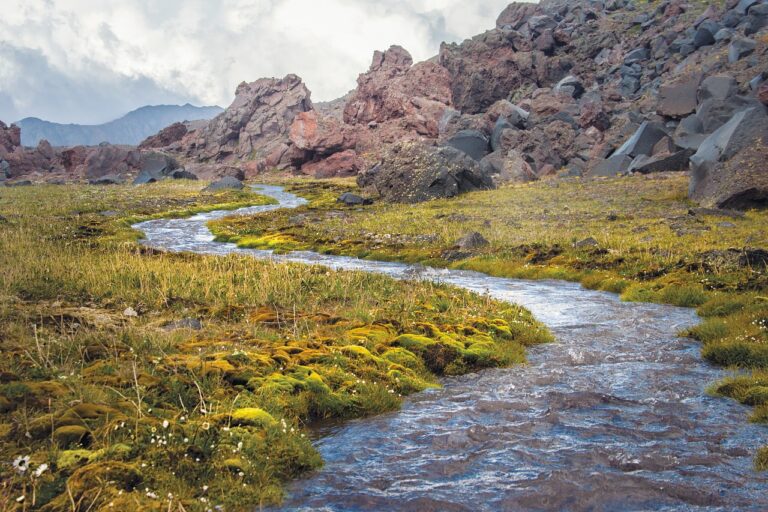The Enchantment of Sacred Lakes: Spiritual Sites, Pilgrimage Destinations, and Healing Waters
Satsport, Betbhai9: From the crystal-clear waters of Lake Titicaca in Peru to the mystical Lake Baikal in Russia, sacred lakes can be found across the globe. These natural wonders hold deep cultural and spiritual significance for the communities that surround them, often serving as focal points for rituals and ceremonies. In India, the serene Lake Pushkar is considered one of the oldest and most sacred lakes in the country, drawing pilgrims from far and wide to its holy waters.
In Africa, the breathtaking Lake Malawi not only provides sustenance to local communities but is also revered as a sacred site where ancient traditions and customs are still practiced. Over in North America, the pristine waters of Crater Lake in Oregon hold a special place in the hearts of indigenous tribes, who view the lake as a sacred place connected to their creation stories. Across continents, these sacred lakes continue to inspire awe and reverence, showcasing the deep spiritual connection that humans have with the natural world.
History and Significance of Sacred Lakes
Sacred lakes hold an esteemed place in the history of many cultures around the world. These natural wonders are revered for their connection to the divine and their role in various mythologies and creation stories. Ancient civilizations often regarded these bodies of water as sacred sources of healing, purification, and spiritual renewal.
The significance of sacred lakes extends beyond their physical attributes, as they are often considered gateways to the spiritual realm. Many believe that these mystical waters possess the power to cleanse the soul and facilitate communication with the divine. Throughout history, rituals, ceremonies, and offerings have been conducted at these sacred sites as a means of seeking blessings, guidance, and protection from the spiritual forces believed to dwell within the depths of these revered lakes.
Spiritual Practices at Sacred Lakes
Sacred lakes have long been revered by various cultures for their spiritual significance. People from different backgrounds visit these lakes to partake in rituals and practices that are believed to enhance their spiritual connections. From offering prayers and meditating to performing sacred ceremonies, individuals engage in these practices as a way to seek guidance, healing, and blessings from the sacred waters.
The tranquil ambiance and natural beauty of sacred lakes create a serene setting for individuals to contemplate and reflect on their spiritual journey. Many believe that the energy of these sacred sites can help to cleanse the mind, body, and soul, leading to a sense of peace and rejuvenation. Whether through silent contemplation or active participation in rituals, visitors to sacred lakes often experience a profound sense of connection to something greater than themselves.
What are some examples of sacred lakes around the world?
Some examples of sacred lakes include Lake Titicaca in South America, Lake Baikal in Russia, Lake Atitlan in Guatemala, and Lake Toba in Indonesia.
What is the history and significance of sacred lakes?
Sacred lakes are often considered to be holy or divine in various cultures and religions. They are believed to possess healing powers, spiritual energy, and a connection to the divine. Many sacred lakes are also associated with myths, legends, and ancient rituals.
What are some common spiritual practices that take place at sacred lakes?
Some common spiritual practices at sacred lakes include meditation, prayer, rituals, offerings, and ceremonies. People may visit sacred lakes to seek guidance, healing, purification, or a deeper connection to nature and the divine.





